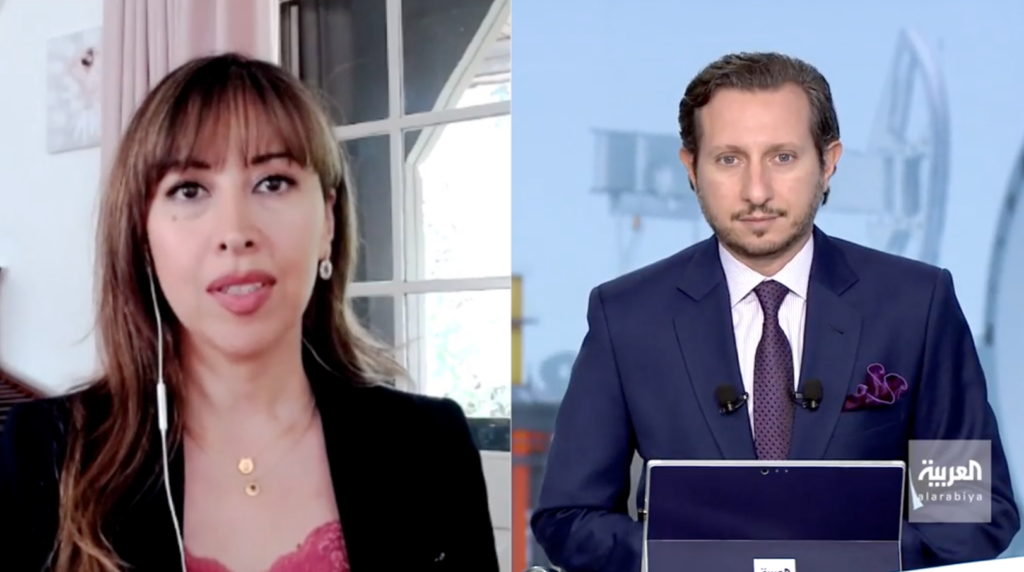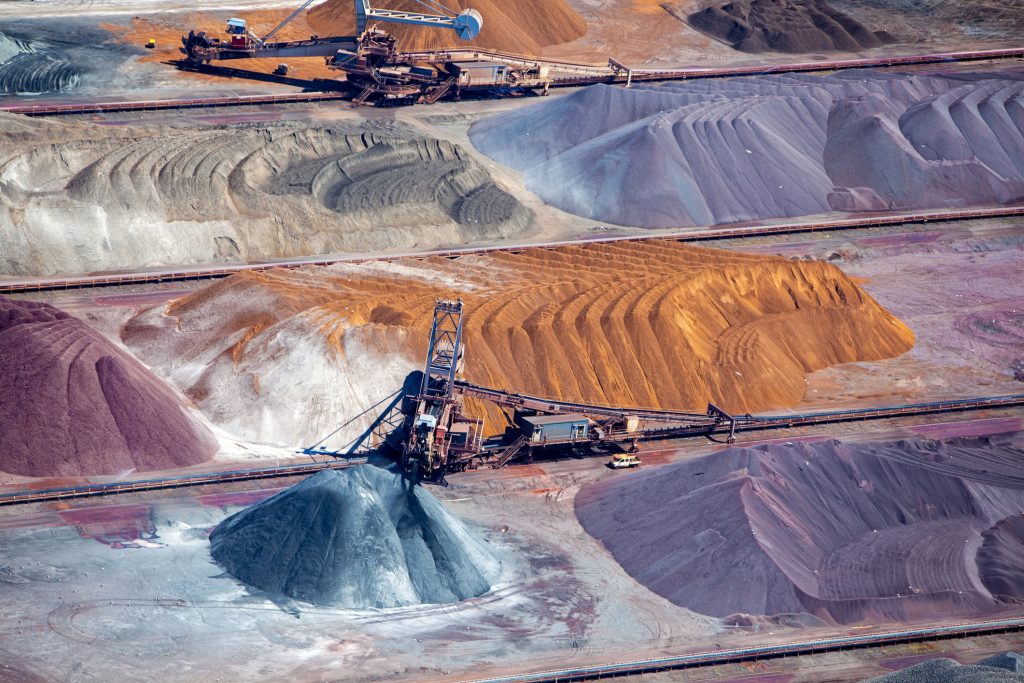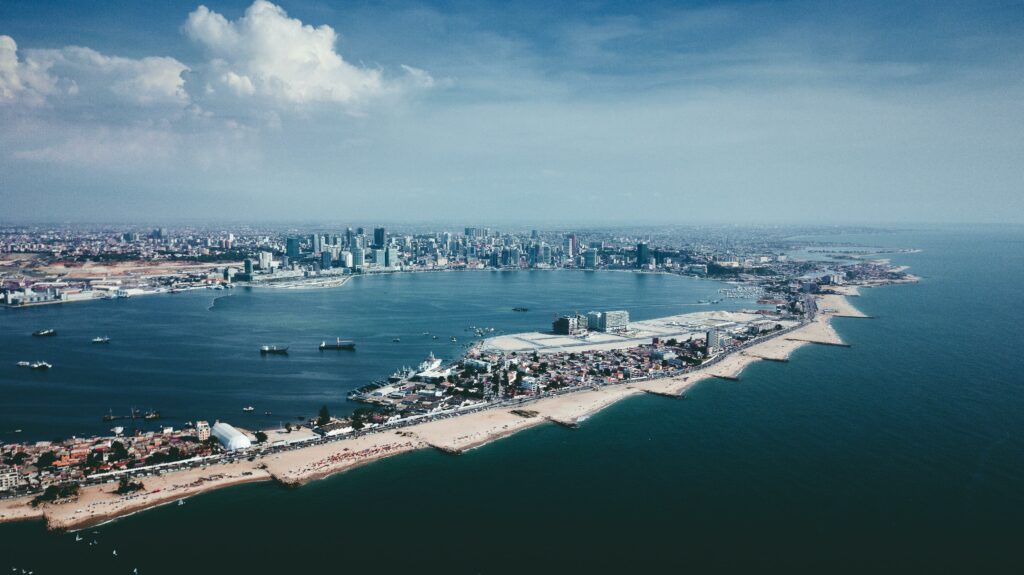In this interview with Nasser El Tibi from Al Arabiya News Channel, Dr Carole Nakhle, CEO of Crystol Energy, discusses the latest dynamics in the European gas market.
Some of the main points covered during the discussion:
- There is no unified approach to reducing gas consumption in the European Union (EU) given the individual circumstances of each country, including the share of gas in the energy and electricity mixes as well as their exposure to Russia.
- To understand how the rationing of gas might work, we should consider the three main sectors for gas use. The electricity sector may be the easier to tackle as gas can be replaced by every single fuel in power generation. In the industrial sector where gas is a feedstock for the manufacturing of specific chemicals, the options are more limited. The third application is at the households level primarily for heating and this is where we are probably seeing more voluntary measures being implemented.
- In Germany, people are factoring in a rationing in gas possibly affecting their electricity consumption and winter heating. For this reason, they are piling up stocks of wood and installing solar panels and wood stoves to decrease their gas demand.
- Weather is a major factor of how things will unfold in the coming winter. A cold winter will put an upward pressure on consumption and cause a significant drawdown in storage.
- Gas storage levels in the EU are, on average, better than the 2021 levels, though the ambitious targets of some countries may not be met.
- While the EU was formed in 1993, only until 2010 did it have a unified energy policy. In this respect, divergences between members is the norm. For instance, Spain is the largest importer of Liquified Natural Gas (LNG) in the EU, meaning that it has greater flexibility in securing gas supplies from a diverse set of sources unlike most countries in Eastern and Central Europe.
- Exemptions in the EU’s emergency plan weaken its position.
- The current energy crisis has confirmed that some aggressive climate policies are detached from reality and climate security cannot be achieved without energy security.
- Russia may be winning the gas war in the short term but in the longer term it is much more vulnerable.
Watch the discussion (in Arabic)>
Related Analysis
“Russia’s oil is in long-term decline – and the war has only added to the problem“, Dr Carole Nakhle, Jul 2022
“Energy Sanctions and the Global Economy: Mandated vs Unilateral Sanctions“, Christof Rühl, May 2022
“Sanctions and the Economic Consequences of Higher Oil Prices“, Christof Rühl, Apr 2022
Related Comments
“Nord Stream 1: Why is Russia cutting gas supplies to Europe?“, Dr Carole Nakhle, Jul 2022
“Russia’s war help Qatar reassert its importance“, Dr Carole Nakhle, Jul 2022









